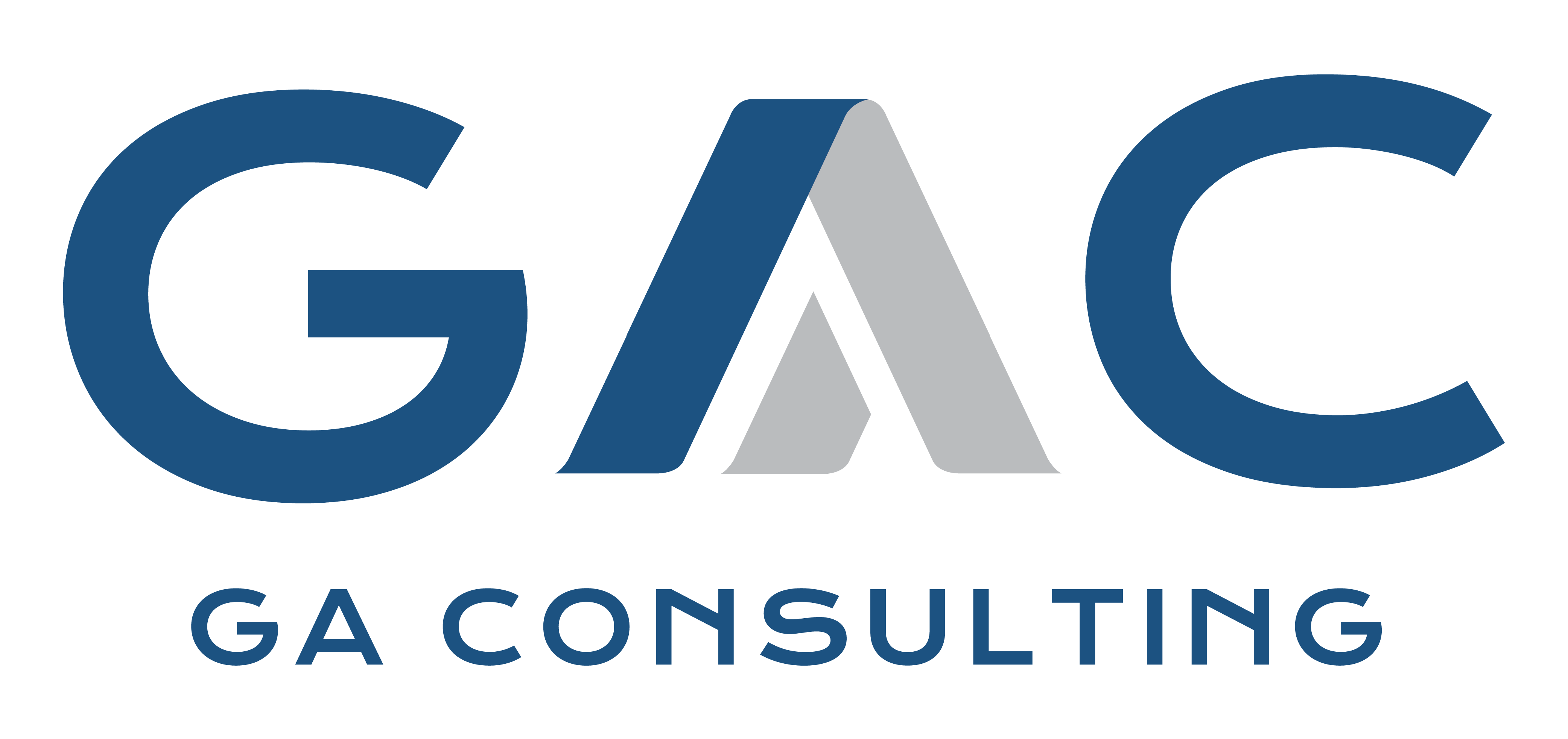Being a freelancer offers many freedoms, but it also brings responsibilities, including managing your taxes. Knowing the essential tax forms can make tax filing much easier. This guide will help you understand what each form is, why it matters, how to use it, and when to file it.
What Are the Essential Tax Forms Every Freelancer Must Know?
BIR Form 1901: Registering as a Freelancer
BIR Form 1901 is your first step to operate legally as a freelancer in the Philippines. This form registers you as a professional or mixed-income earner with the Bureau of Internal Revenue (BIR). This registration determines your tax type, crucial for compliance, and sets the basis for your other tax filings. Submitting this form on time avoids penalties and ensures all other tax obligations are appropriately aligned.
BIR Form 2551Q: Declaring Your Quarterly Percentage Tax
For declaring your quarterly percentage tax, you need BIR Form 2551Q if you are a non-VAT taxpayer. This tax is 3% of your gross sales or receipts if your annual gross sales or receipts do not exceed PHP 3,000,000. You must file this form quarterly, on or before the 25th day of the month following the close of the taxable quarter (April, July, October, and January). Keeping up with these quarterly payments helps manage your tax responsibilities effectively and avoids the accumulation of large tax dues at the end of the year.
BIR Form 1701Q: Filing Your Quarterly Income Tax
Freelancers must file their income tax quarterly using BIR Form 1701Q. This form reports your income and calculates your tax liabilities every quarter. The tax rates depend on your net income: 0% if your net income does not exceed PHP 250,000, and 20% to 35% for income exceeding PHP 250,000. Alternatively, you may opt for an 8% flat tax rate on gross sales or receipts, exempting you from the percentage tax if your annual gross sales or receipts do not exceed PHP 3,000,000. The deadlines for filing are the 15th day of the month following the close of the taxable quarter (May, August, and November).
BIR Form 1701: Submitting Your Annual Income Tax Return
At the end of the fiscal year, freelancers must submit their annual income tax return using BIR Form 1701. This form provides a comprehensive overview of your total income, deductions, and tax payments for the year. The deadline for this form is April 15 of the following year. Accurately completing BIR Form 1701 ensures you meet your tax responsibilities and claim any eligible deductions. If you’re using the 8% income tax rate, use BIR Form 1701A.
Why Knowing the Tax Forms Matters
Understanding these tax forms is crucial for several reasons:
- Avoiding Penalties: Accurate reporting reduces the risk of audits and penalties.
- Maximizing Deductions: Proper use of each form ensures you claim all eligible deductions.
- Staying Organized: Maintaining records of these forms helps keep your financial documents organized.
- Reducing Stress: Familiarity with tax forms makes tax season less stressful and allows you to file confidently.
Stay Ahead with the Right Tax Forms

In summary, understanding and using the essential tax forms is crucial for staying on top of your tax obligations and maximizing your deductions. Regularly review your financial records, consult with a tax professional when needed, and ensure you meet all filing deadlines.
Download Our Free Resources for Freelancers
To make your tax journey even easier, download our FREE Freelancers DIY BIR Registration and BIR Tax Compliance Guide. Utilize our Freelancer Income Tax Calculator and schedule a Free Tax Consultation Call to stay compliant and stress-free. Follow us on TikTok, YouTube, Facebook, and Instagram to stay updated with the latest tips and resources for tax compliance and freelancing success.

